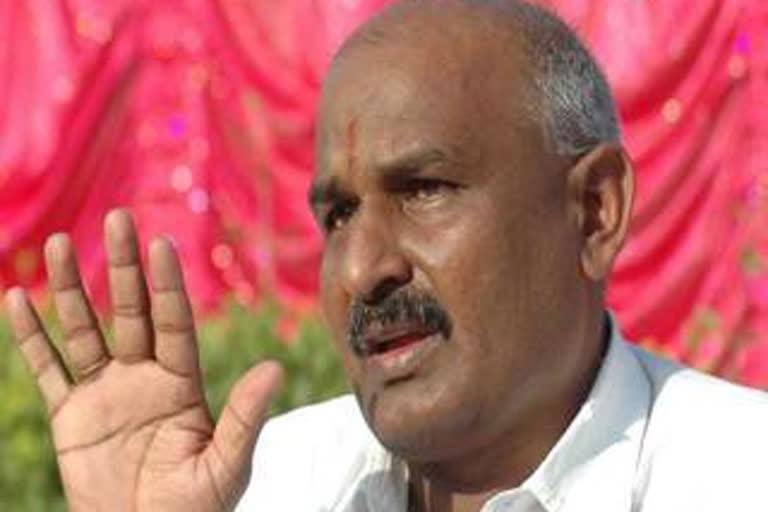New Delhi: The Supreme Court has granted bail to former Bajrang Dal leader Babu Bajrangi, sentenced to 21 years in jail in Naroda Patiya massacre case in which 97 people were killed by a mob during the 2002 Gujarat riots, considering his medical condition as he was "100 per cent blind."
A bench of Justices A M Khanwilkar and Ajay Rastogi noted in its order that the state government has verified medical certificates issued to Bajrangi and has said that they were authentic.
Bajrangi's counsel sought bail on medical grounds and told the apex court that Bajrangi is 100 per cent blind and is also suffering from profound hearing loss.
"Taking overall view of the matter, we are inclined to direct release of the applicant, Babubhai alias Babu Bajrangi, on bail to the satisfaction of the trial court and on such terms and conditions as may be imposed by the trial court," the bench said.
The state government had earlier told the apex court that Bajrangi is in "bad shape" due to various ailments and medical reports suggests that he has suffered a hundred per cent vision loss also.
Bajrangi has also challenged the Gujarat High Court's April 20 last year verdict in which his conviction in the case was upheld and the life term awarded to him by the trial court was reduced to 21 years' rigorous imprisonment without remission.
The top court had earlier granted regular bail to four convicts in Naroda Patiya massacre case-- Umeshbhai Surabhai Bharwad, Rajkumar, Padmendrasinh Jaswantsinh Rajput and Harshad alias Mungda Jila Govind Chhara Parmar.
The Gujarat High Court had on April 20 last year upheld the conviction of 12 out of the 29 accused who were pronounced guilty on various charges by the trial court and had acquitted 17 others, including former Gujarat minister Maya Kodnani.
The rioting had taken place on February 28, 2002, in the Naroda Patiaya area of Ahmedabad where a mob had killed 97 people, most of them from a minority community.
The massacre had taken place a day after the torching of the Sabarmati Express at Godhra that left 59 people dead and triggered state-wide riots.
Also read:PM deplores attacks on Kashmiris, asks state govts to take stern action



